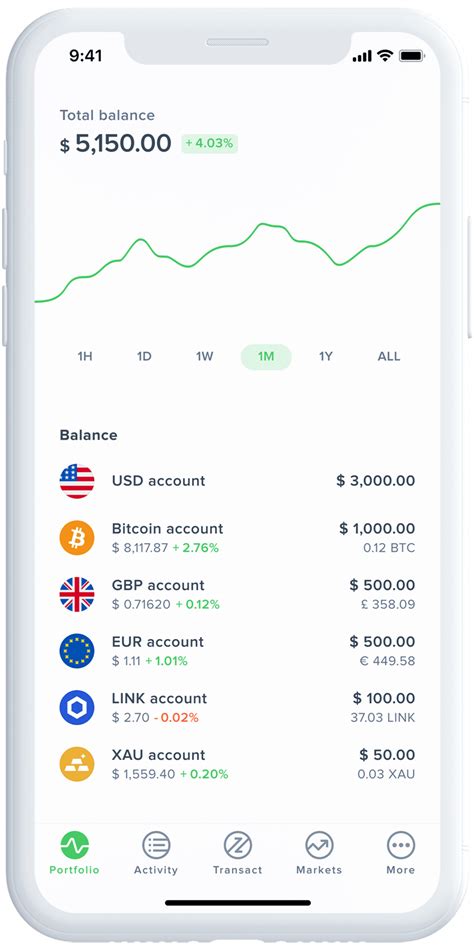Ethereum BIP38: A comprehensive guide to encrypt your private key
As a Bitcoiners and Blockchain fans, we are constantly looking for innovative solutions to ensure digital tools. Recently, I have encountered an impressive feature in Ethereum -BIP38 (Bitcoin Development Proposal 38) -which allows you to encrypt the private keyword by storing the password in QR code.
But what does this mean for wallet applications? Which do this decoding feature perform? In this article we are immersed in the details of BIP38 and discover supported wallet applications.
What is BIP38?
BIP38 is a cryptographic suggestion aimed at ensuring bitcoin wallets by ensuring that the private keys are not exposed to printing or storing. The concept revolves with a password to encrypt the private key, making it virtually impossible for the unauthorized parties to access the basics. This service is particularly useful in situations where the storage methods of paper wallets or QR code can be at risk.
How does BIP38 work?
To implement BIP38, you need to create a public and private key party on Ethereum’s wallet. Then you create a bitcoin address and store it with a password (or private key) used to encrypt the appropriate private key. The encrypted private key is then stored as a QR code or other digital images.
When you want to access the funds, you will scan the QR code in the wallet application using your computer browser. The browser loads the decoded private key from the storage location specified in the encrypted Bitcoin address. This ensures that the private key remains safe, even if it is stored on a physical device or on an unsafe internet connection.
BIP38 Supporting wallet applications
Many popular Ethereum wallet applications support BIP38 encryption, including:
1.
- Trust Wallet : Trust Wallet offers an extension to Ethereum, allowing users to safely store their private sticks on the desktop platform using BIP38 encryption.
- METAMASK : Metamask is a popular browser-based wallet that supports BIP38 encryption for web and mobile application versions.
- Ethereum wallet
: This application also supports BIP38 encryption, providing an excellent opportunity for those who safely store their private key.
Other noteworthy mention of
While the aforementioned wallet applications support BIP38 encryption, there are other options. Some noteworthy examples are as follows:
* LEDGER LIVE : LEDGER desktop and mobile wallets support BIP38 encryption.
* Elektrum wallet : This popular Bitcoin wallet supports the BIP38 encryption of the desktop version.
Conclusion
In summary, Ethereum BIP38 feature is a change of game in the world of digital security. If your own keys are stored in QR codes or other digital images with passwords, users can ensure that their funds are safe even if the devices are at risk. If you use Ethereum wallet application and want to exploit this innovative technology, find the applications listed above.
Don’t forget to use strong, unique passwords for your wallet accounts and never share them with anyone. Happy cryptography!



